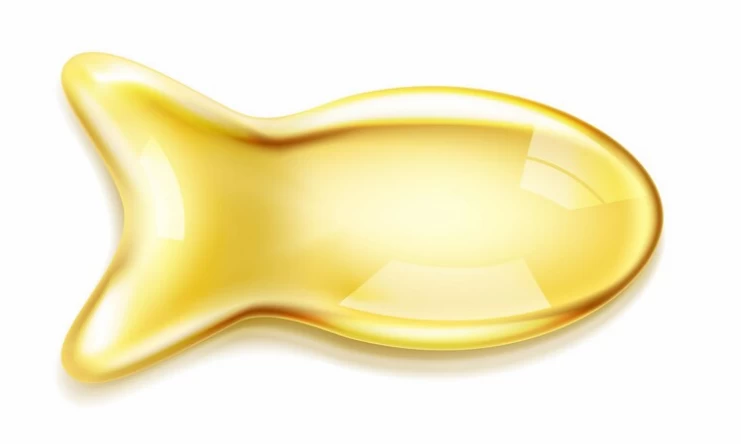
Fish Oil and Olive Oil for Healthy Weight Control
- Fish Oil and Olive Oil for Healthy Weight Control
- What is Fish Oil?
- Contributions of Fish Oil to Healthy Weight Control:
- Where to Find Fish Oil?
- What is Olive Oil and How is it Obtained?
- Effects of Olive Oil on Healthy Weight Control:
- Conclusion:
Ensuring a healthy lifestyle, managing weight effectively, and enhancing overall bodily functions require careful attention to our dietary habits. At this point, a crucial factor on which many experts agree is the pivotal role of fish oil, containing omega-3 fatty acids, in healthy weight loss processes.
Olive oil, on the other hand, is rich in unsaturated fatty acids. Particularly, its oleic acid content supports heart health and increases the feeling of satiety, making it a significant component of a healthy diet. In this article, we will explore why fish oil and olive oil are important in maintaining healthy weight control.
What is Fish Oil?
Fish oil is typically obtained from cold-water fish, including species like salmon, trout, mackerel, and sardines. This oil contains essential omega-3 fatty acids that are crucial for a healthy lifestyle but cannot be produced by the body. The two main omega-3 fatty acids are known as EPA (eicosapentaenoic acid) and DHA (docosahexaenoic acid).
Contributions of Fish Oil to Healthy Weight Control:
- Boosts Metabolism: Fish oil supports an increase in metabolism, aiding in energy expenditure. This can enhance calorie burning during the weight loss process and reduce fat storage.
- Appetite Control: Omega-3 fatty acids help control hunger, preventing unnecessary snacking and contributing to weight control.
- Promotes Fat Burning: Fish oil may assist in reducing the size of fat cells and enhancing fat burning, especially around the abdominal area.
- Reduces Inflammation: Omega-3 fatty acids can decrease inflammation in the body. Since chronic inflammation complicates the weight loss process, reducing inflammation is crucial for weight control.
- Preserves Muscle Mass: Preserving muscle mass is essential during a healthy weight loss process, and fish oil can help prevent muscle loss.
Where to Find Fish Oil?
Fish oil can be obtained through direct consumption of oily fish or fish oil supplements. Omega-3 fatty acids are also found in foods such as flaxseed, chia seeds, and walnuts.

What is Olive Oil and How is it Obtained?
As widely known, olive oil is a natural oil obtained by pressing olives. Particularly prevalent in the Mediterranean region, this oil contains healthy fatty acids. The highest quality and healthiest olive oil is produced through the cold-press method. Cold pressing involves mechanically pressing olives at low temperatures, preserving the nutritional value of the oil. Olive oil derived from early-harvested olives is more valuable. Therefore, early-harvest and cold-pressed olive oils are the most beneficial and valuable.
Effects of Olive Oil on Healthy Weight Control:
- Healthy Fat Source: Olive oil is rich in unsaturated fatty acids, particularly oleic acid, which supports heart health and increases the feeling of satiety.
- May Increase Metabolism: Phenolic compounds in olive oil may increase metabolism, supporting energy expenditure during weight loss.
- Enhances Satiety: When added to meals, olive oil can increase the feeling of satiety, helping to prevent unnecessary snacking and supporting weight control.
- Rich in Antioxidants: Olive oil is a rich source of antioxidants, which protect the body against the harmful effects of free radicals, potentially improving overall health. This can support detoxification during weight loss.
- May Reduce Inflammation: Olive oil has anti-inflammatory properties, which can positively impact the weight loss process by reducing inflammation.
Conclusion:
In the process of healthy weight loss, balanced nutrition, regular exercise, and appropriate dietary supplements are all important. Fish oil, with its omega-3 fatty acids, contributes positively to weight loss. Extra virgin olive oil plays a significant role in healthy weight loss processes. Supplements that combine fish oil and extra virgin olive oil can be preferred for their convenience and economic advantages. However, before using any supplement, it is safer to consult with a healthcare professional or a dietitian rather than relying on hearsay information.

Zübeyde Semiz, RD
Dietitian and Nutrition Specialist





